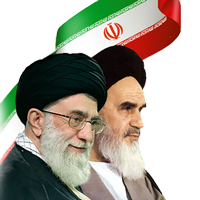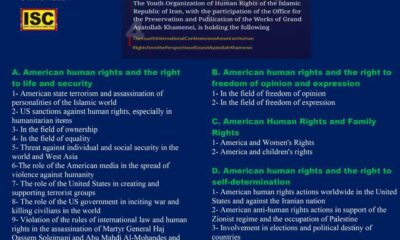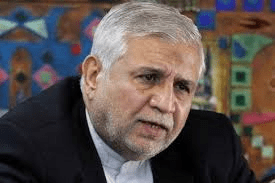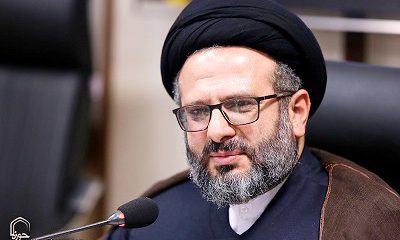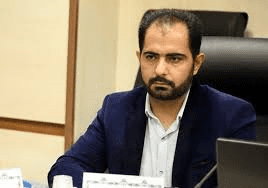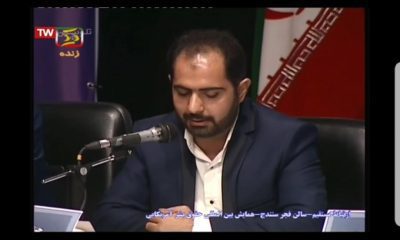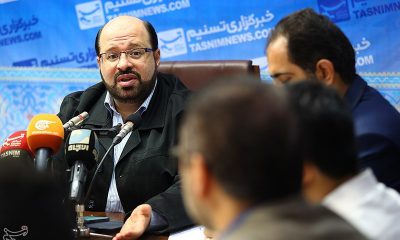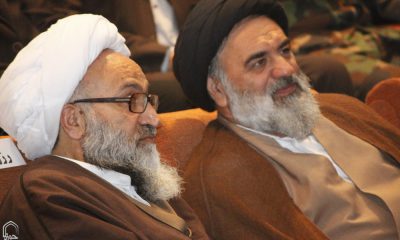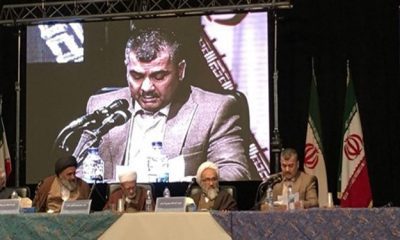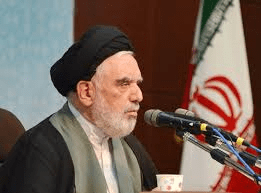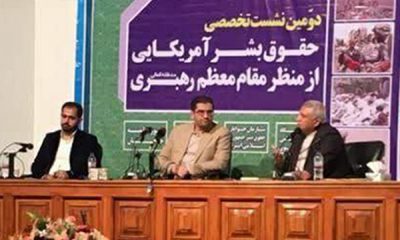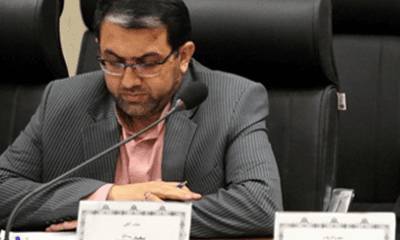Hojjatoleslam Ghanbari also said at the meeting: “If the goal of the revolution, which the great architect of Imam Reza and then the Supreme Leader showed to the world to the creation of the Islamic civilization, has created a fear in the eyes of others.”
He asked whether Muslims could be used to create an Islamic discourse on human rights and the fight against American human rights: “We will have supporters and opponents in this direction.”
Al-Mustafa’s deputy director of communications and international affairs said: “If we look at culture in the words of some umbrella experts, which includes all aspects of mankind and the incarnation of this culture in its world and the emergence of it as civilization, there are outsourcing that formation A concept in the name of cultural identity based on the culture and civilization that humans defined for themselves.
Expressing that Islam is a religious cultural identity, and this distinction is different from other cultures, he explained: “If we want to name five religious identities in the Muslim world, its first is post-or rebellious, or backward, and back to modern ignorance.”Such an identity creates a tidal stream in the Muslim world, which is a kind of religious extremism, and ISIS can be called a symbol that completely conflicts with human rights and human beings, not only for human rights, but also for It did not.
Hojjatoleslam Ghanbari pointed to the identity and the modernist trend, adding that in the Arab world, Turkey, Iran, and some parts of this trend, it is trying to find itself under the religious intellectual or identity that pioneered these new political and cultural movements. And they look at human rights as one hundred percent what Americans are called human rights.
He said there is another religious trend, such as the post-modernist flow, which is a religious identity, and it tries to reconcile the Islamic human rights and human rights of Americans who have a critical look at religion, freedom of expression and freedom of dress and hijab.
